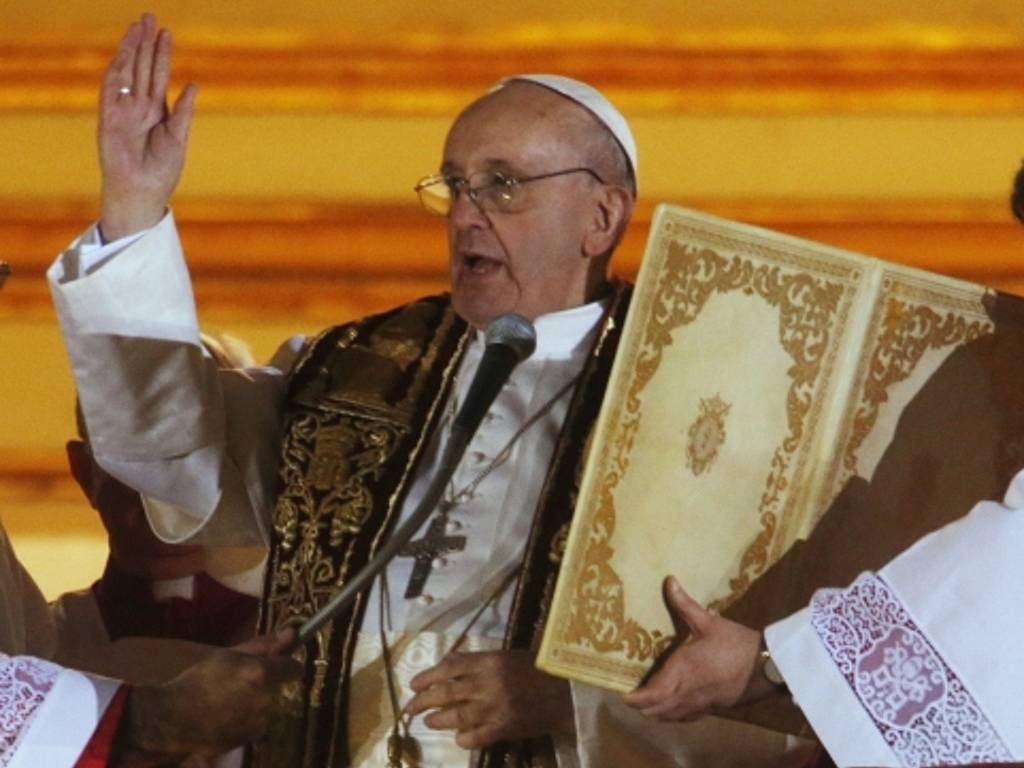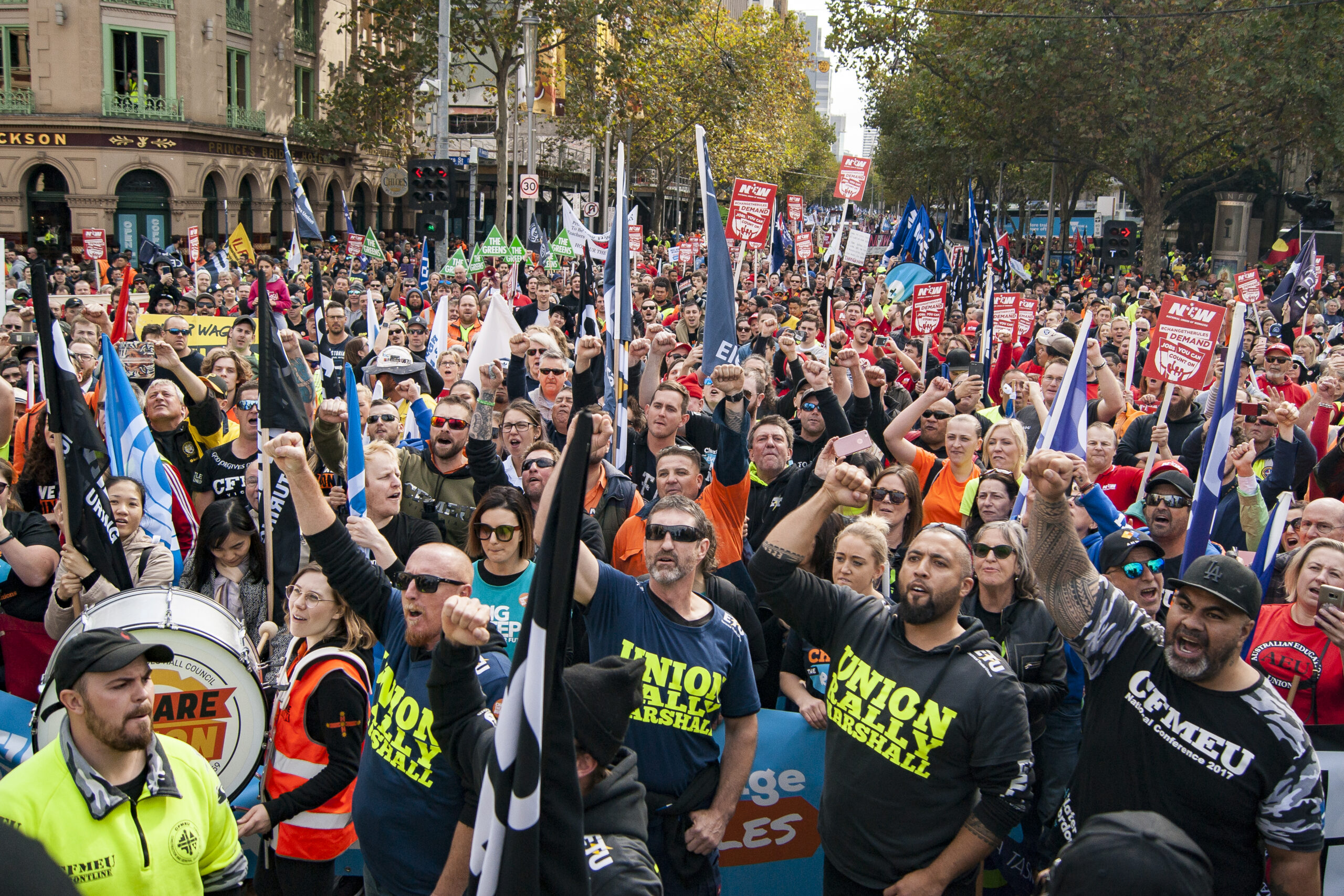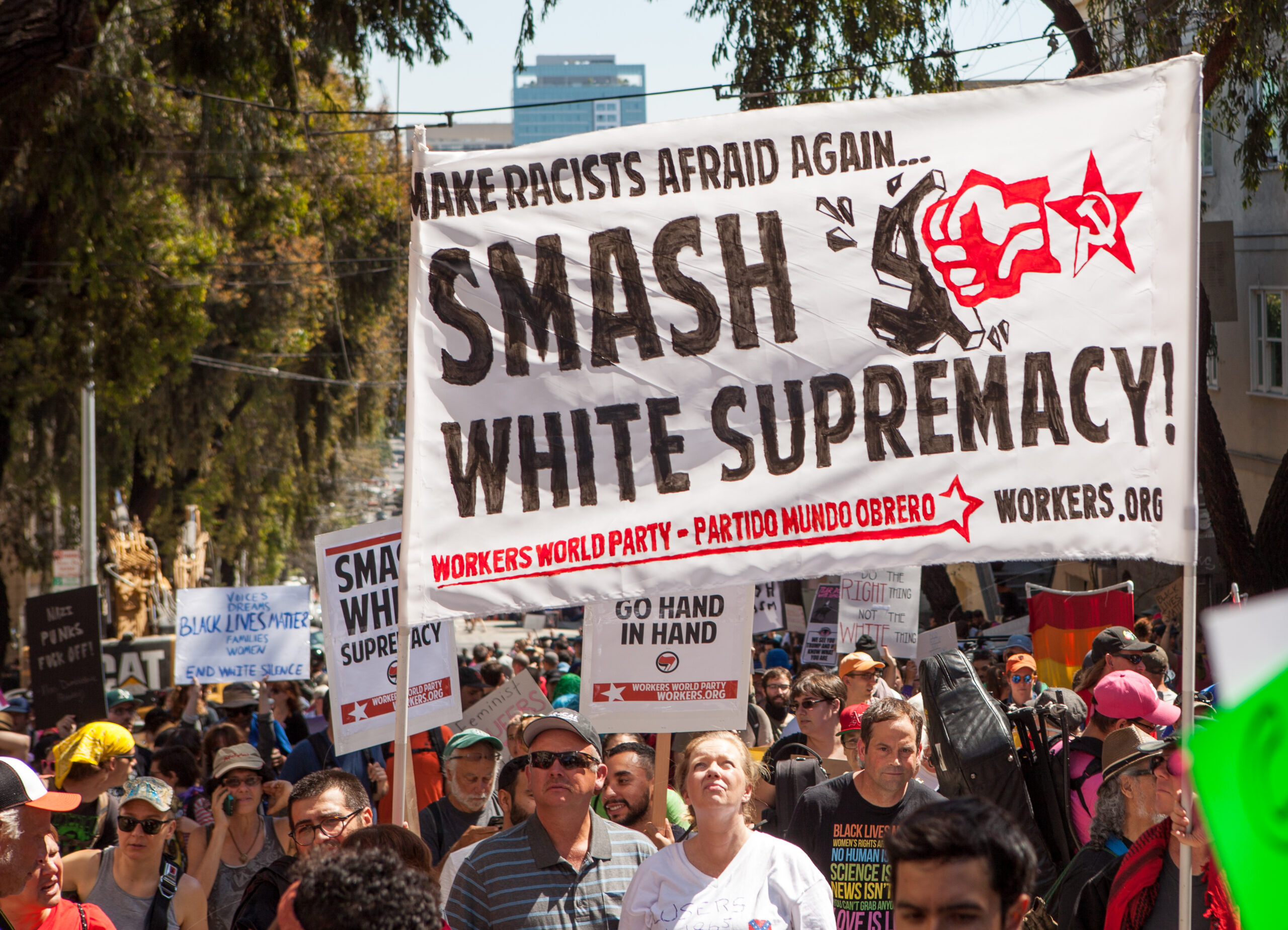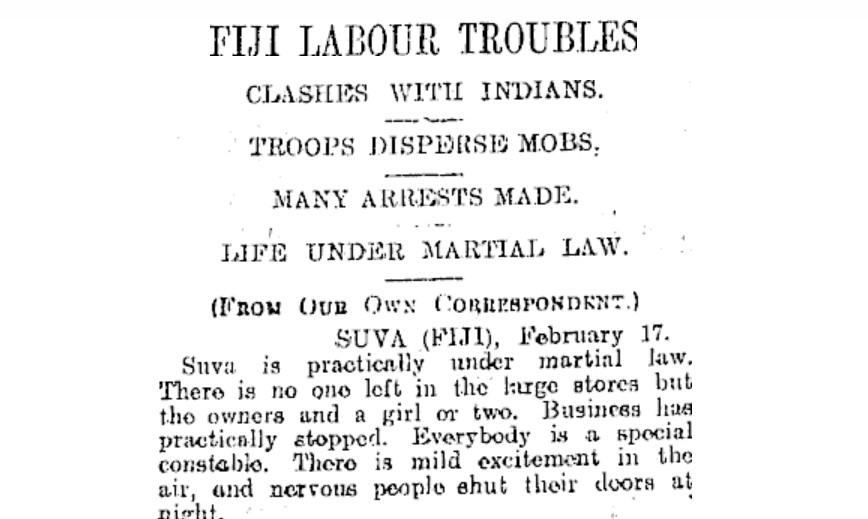It will come as no surprise to many non-Catholics that Jorge Bergoglio, who was elected pope this week with the name “Francis”, is likely to serve more of the same stew of sexism and homophobia as his predecessor.
He has been hailed as the first pope not born in Europe (although he is the son of Italian immigrants) for 1200 years, which many Catholics will see as a hopeful sign of change. Enthusiastic reporters also claim for him a commitment to “social justice” based on his modest living habits and “concern for the poor”. However, this is, unfortunately, likely to be a mistake.
It’s more likely that Argentine President Cristina Fernández de Kirchner’s description of Bergoglio’s homophobia as being reminiscent of “medieval times and the Inquisition” will characterise Francis’ reign than any concern for the poor.
She was speaking after Bergoglio opposed legislation introduced in 2010 by the Argentine government to allow same-sex marriage. In a letter to the monasteries of Buenos Aires, he wrote: “Let’s not be naive, we’re not talking about a simple political battle; it is a destructive pretension against the plan of God. We are not talking about a mere bill, but rather a machination of the Father of Lies that seeks to confuse and deceive the children of God.”
There is one cause for celebration – Francis I is not Benedict XIV. It would be difficult indeed to be worse than Benedict XIV, a former member of the Hitler Youth who used his first speech as Pope to suggest, using dishonest argument, that Muslims were less amenable to reason and more prone to violence than Christians. However, Benedict and his predecessor, John Paul II, have so thoroughly filled the higher echelons of the Church with conservatives that reaction is likely to reign for many years.
Some liberal atheists, such as Christopher Hitchens and Richard Dawkins, see all religion as equally reactionary and stupid. In religious conflicts, such as that between the USA and the Taliban in Afghanistan or between Christians and Muslims in Nigeria, they tend to side with the “most progressive” – in other words imperialism and Christianity.
Marxists have a more nuanced view of religion. Marxists are scathing critics of the role of religion in bolstering an authoritarian status quo but – because Marxism is a materialist philosophy – we don’t believe religious illusions can be overcome so long as the material conditions for religion exist. Dawkins attempts to use logic as a battering ram to smash superstition. Marxists seek to understand what religion means to different people in different situations.
The “Dirty War”
In Argentina, where the new pope comes from, religion has been the site of fierce conflict between conservatives and radicals – with Francis firmly on the side of the conservatives. Indeed, charges of conspiring to hand over two radical priests to the military dictatorship (1975-1983) were laid against Bergoglio in 2005. Bergoglio denies any role in the kidnapping of the priests, who he, as superior of the Society of Jesus of Argentina in 1976, had asked to leave their pastoral work following conflict within the Society over how to respond to the military dictatorship, with some priests advocating a violent overthrow. The priests, Orlando Yorio and Francisco Jalics, were found alive five months later, drugged and seminude. Bergoglio is also accused of helping the regime hide some of its political prisoners from an international watchdog group – in his holiday house on an island in the River Plate.
Many priests did in fact take part in armed struggle against the Argentine military dictatorship as part of Peronist or Marxist guerilla groups.
The Catholic Church at the time was in upheaval following the modernising reforms of the Second Vatican Council, which was reinforced by the worldwide wave of struggle that is forever associated with the year 1968. The attitude of advocates of radical “liberation theology” is summed up by Camillo Torres, a Colombian priest who was killed in a firefight with government forces in 1966: “Let’s not worry ourselves with whether the soul is mortal or immortal when we know that hunger is deadly.”
Needless to say, such an attitude was in direct contradiction to the centuries-old role of the Church in Latin America, where it was the ideological servant of the Spanish and Portuguese regimes in their conquest and colonisation of Native Americans and enslavement of Africans. It was in direct contrast to the historical role of religion in every class society – providing spiritual consolation for material distress by acting as a safety valve for protest without endangering the status quo. Liberation theology was also a minority movement in the Catholic clergy.
Conservatives in the Church reacted with dismay. Benedict was a liberaliser in the early 1960s, but was horrified by the student and worker uprisings of 1968. In Italy, the Catholic Action youth group drifted leftward, with many becoming leading members of the revolutionary socialist organisations that sprang up. The Communion and Liberation group, which Bergoglio is associated with, despite its left-sounding name, was a reaction to this – fanatically dedicated to fighting communism in that period and, more recently, lending support to the unspeakably corrupt Silvio Berlusconi.
Benedict, then Cardinal Joseph Ratzinger became the head of the Congregation for the Doctrine of the Faith (formerly known as the Inquisition) and the ideological persecutor of radicals, dedicated to rooting out liberation theology.
Others, such as Argentine police chaplain Christian von Wernich, played a more active role. In 2007 he was convicted of involvement in seven murders, 42 abductions and 31 cases of torture.
The highest-ranked Argentinian cardinal unwittingly gave Argentines an ironic name for the “Dirty War” state terror of the dictatorship years – “the left hand of God”. At Christmas 1975 he justified the terror: “However, the remedy may be hard, because the left hand of God is paternal, but it can be heavy”.
Tragically, the Dirty War in Argentina and the rest of Latin America was successful in destroying a generation of militants. The disastrous guerillaist strategy promoted by Che Guevara played its part in dooming a heroic generation of socialist men and women to torture and death at the hands of military dictatorships, but there is yet to be an accounting with these criminal regimes and their clerical collaborators.
This, then, is the Church Bergoglio represents – reaction triumphant.









